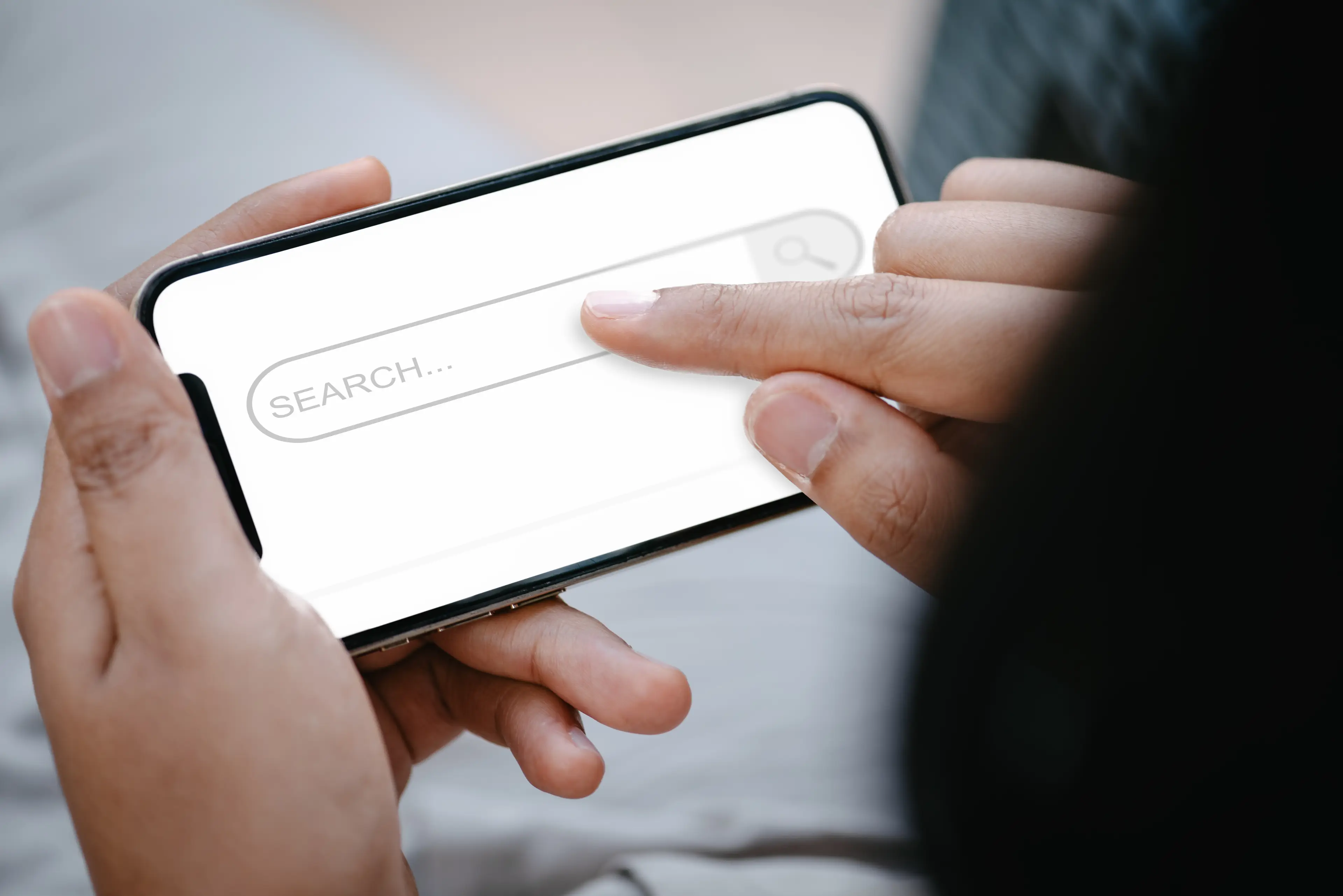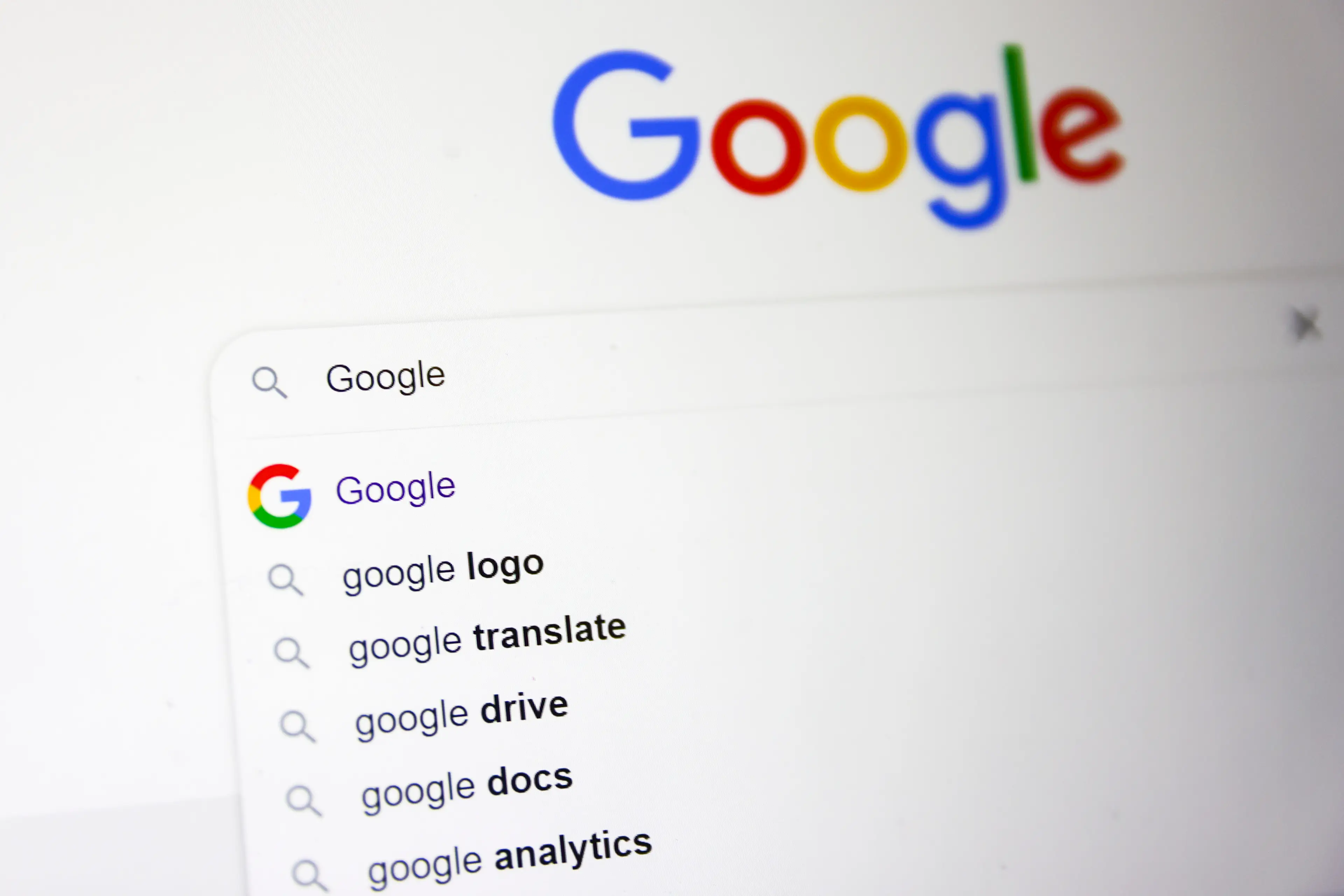
If we ever want to find something out, the vast majority of us will head over to Google to find the answer.
Whether that be to find a solution to a burning question, or finding the definition of a complicated word, the popular search engine is always there.
However, there are some words you should avoid Googling at all costs, according to a Reddit thread.
Why you ask?
Advert

Google is the most visited website in the world, with more than 106 billion visits in June 2023 alone.
However, with Google search comes Google images, and there are some things that are better left unseen.
Sometimes life doesn't always come with a trigger warning, so consider this your friendly reminder to the billions who use the search engine every day, these words really aren't worth a Google search.
But what are they?
The words were compiled in a report by It's Gone Viral, published earlier this year, and some of them are certainly stomach churning.
Unsurprisingly, a lot of them are health related, as who doesn't immediately go to Google whenever they're feeling a little under the weather.
That being said, it is important to remember that if you have any concerns about your health to consult a medical professional, instead of looking for answers on the likes of Google or Reddit.
So, lets get into the words...

Larvae
The first word we highly recommend you don't Google is Larvae. The noun, which according to the Oxford Dictionary is the 'active immature form of an insect', sounds like an innocent search.
According to the Reddit thread, the search risk factor of Googling Larvae is that you could stumble across a condition of the same name.
According to WebMD: "Mouth larvae are parasites that hatch and live inside the oral cavities of human and animal hosts. These pests can cause a dangerous infection known as oral myiasis."
The site adds: "People can develop oral myiasis by eating larvae in their food. Flies can also enter the mouth and lay eggs in wounds."
Certainly a Google search to avoid then.
Degloving
Next up is Degloving - something you'll certainly want to avoid, particularly because of the images that will never leave your head.
Thanks to WebMD, Degloving, which can also be known as avulsion, 'happens when a large piece of your skin along with the layer of soft tissue right under it is partially or completely ripped from your muscles and connecting tissues.'
Definitely unpleasant.

Krokodil
This next word has different meanings in other languages, though the one discussed in the It's Gone Viral report refers to the opioid drug desomorphine.
A Time magazine report from 2013 dubbed it as 'The World’s Deadliest Drug: Inside a Krokodil Cookhouse' - indicating how dangerous it really is.
It all began as doctors in Russia discovered 'strange wounds' on many drug addicts.
Later, it was discovered that they'd been injecting a new drug known as 'Krokodil', something that was later dubbed as a 'flesh-eating zombie drug' in a report from CNN.
Not really images you want in your head, right?
Fournier
You'd think this one wouldn't exactly be a bad one to Google, with Fournier a popular French surname.
However, Fournier can also refer to an 'acute necrotic infection' of the genital area, as per the National Organization for Rare Disorders (NORD).
WebMD warns: "Fournier’s gangrene gets worse quickly and can kill you, so it’s always an emergency."
Harlequin ichthyosis
The final word you really shouldn't be Googling is Harlequin baby syndrome, often known as congenital ichthyosis.
Healthline describes it as a 'rare condition affecting the skin', which is a 'type of ichthyosis, which refers to a group of disorders that cause persistently dry, scaly skin all over the body.'
The website states the skin of a newborn with the condition is 'covered with thick, diamond-shaped plates that resemble fish scales.'
Babies with the condition need to be treated immediately.
You have been warned.
